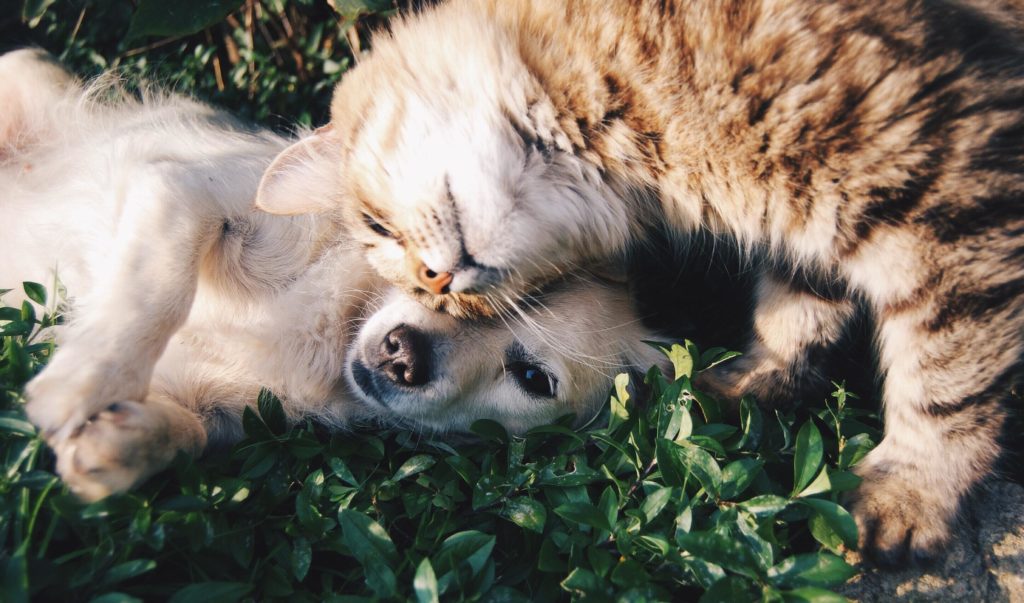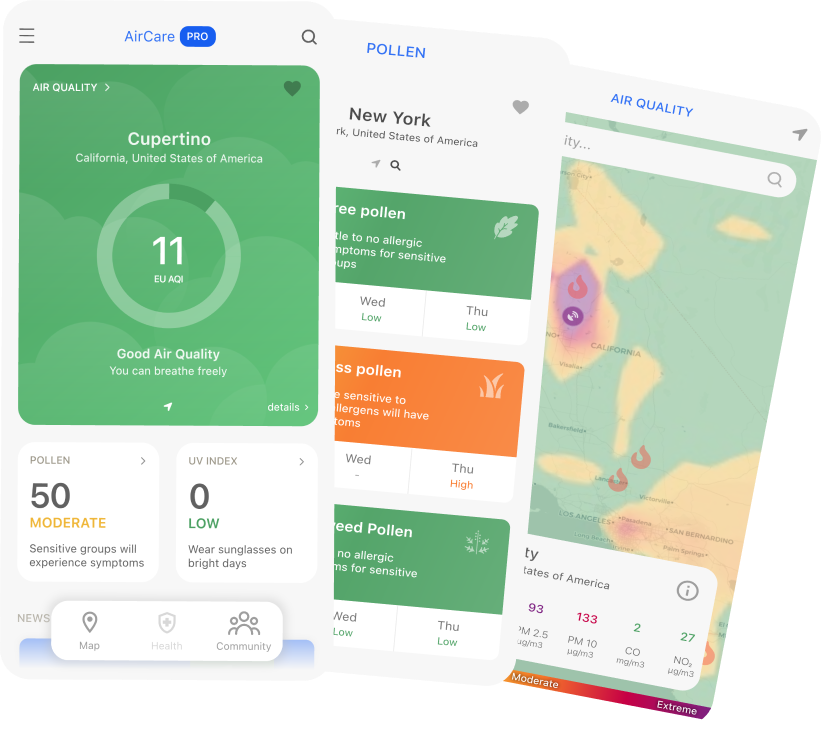There are plenty of studies on the effects of air pollution on people, but what about our pets?
We know that people who are exposed to poor air quality have an increased risk of heart disease, respiratory infections, and lung cancer. Moreover, the combined effects of household and ambient air pollution are associated with 7 million premature deaths per year. Are the same health concerns applicable to our pets?

Even though research on the effects of air pollution on our pets is just beginning, there is a consensus on the fact that poor air quality affects our furry friends as well.
Cats that leave in a smoky environment are at greater risk of asthma and lung cancer due to their short noses. Nose length aside, cats that live in a smoky household are at higher risk of lymphoma, a cancer of the lymphocytes.
If you thought that secondhand smoke isn’t bad enough, cats also suffer from thirdhand smoke, which is the smoke residue that clings to pet fur, rugs, and furniture, even after the air in the room is cleared.
A 2018 study revealed that cats living in houses with higher levels of PM2.5 were at a bigger risk of respiratory disease than cats living in houses with acceptable levels of PM2.5.
Pets are also harmed by outdoor air pollution. A 2009 study showed that dogs exposed to outdoor air pollution were at a higher risk of brain inflammation and the occurrence of proteins associated with Alzheimer’s disease in humans.
How to Protect Your Pet from Air Pollution?
Our four-legged friends need proper care to be happy and healthy, and this should also include the quality of the air they breathe. Following are a couple of simple actions you can take to help you decrease your pet’s exposure to air pollution.
Stay Informed
If you’re feeling uncomfortable outdoors and feeling changes in the air you breathe, the chances are your pet is experiencing it at an even higher level, due to their heightened sensitivity and senses.
By staying informed about the air quality, you can avoid prolonged outdoor activities and keep your pet indoors when air pollution is high. You can avoid walking your pet in highly polluted areas where they will be exposed to exhaust and other pollutants.
Keep your Home Clean
When it comes to indoor air pollution, make sure that you refrain from starting woodfires in your home and smoking inside. Moreover, remove air pollutants by vacuuming regularly and buying environment-friendly cleaning products.
Use an Air Purifier
To keep your indoor air as clean as possible, an air purifier is a great option. Not only will your family benefit from an air purifier, but your pets as well. An air purifier can help in removing dust, allergens, pet dander, and other pollutants from the air.
Monitor Small Pets
Just like some categories of people (children and the elderly) are more susceptible to air pollution, small pets also struggle when air quality is poor. Monitor small cats and dogs for changes in their behavior and health and limit the time they spend outdoors.
Do you want to know the quality of the air you breathe? Download AirCare – our free mobile app that tracks air pollution from your pocket, and check out the AirCare blog!





